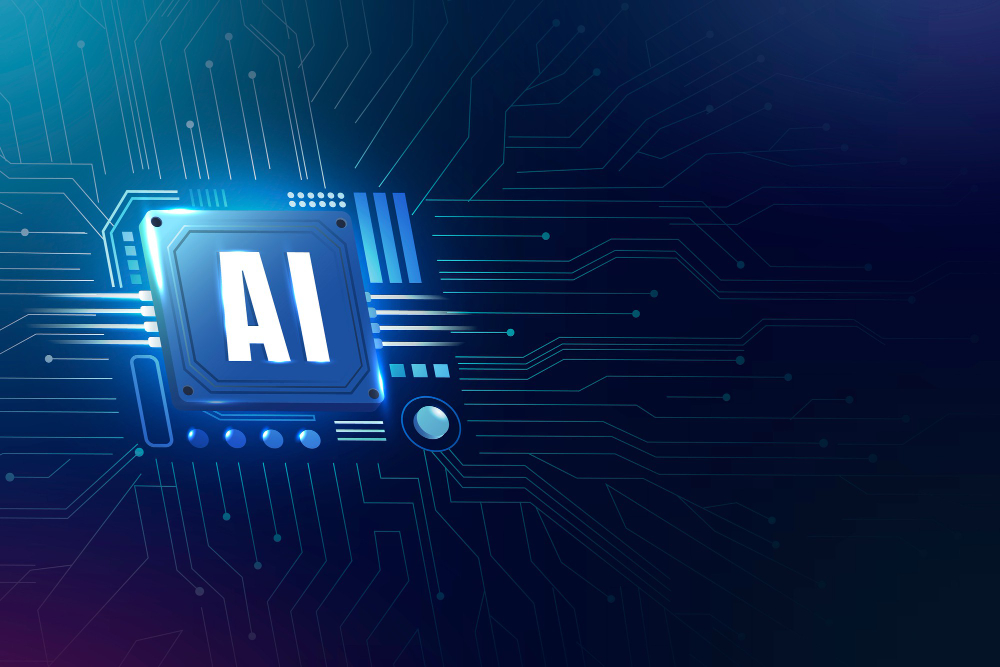How can AI and data drive global development? Insights from MeasureDev 2024
Measuring Development is the World Bank’s Development Impact Group flagship annual conference with a decade-long history of featuring cutting-edge research in measurement and its application to urgent public policy challenges.
Organized in partnership with UC Berkeley’s Center for Effective Global Action (CEGA), the World Bank’s Development Data Group (DECDG), and University of Chicago’s Center for the Economics of Innovation and Development (CEID), MeasureDev brings together researchers, policymakers, and decision-makers to accelerate the practical implementation of innovative insights. Notable keynote speakers include Susan Athey of Stanford, Josh Blumenstock from UC Berkeley, and David McKenzie of the World Bank, and many more.
At a moment when generative artificial intelligence (GenAI) innovations are commanding widespread public attention and caution, the tenth annual MeasureDev conference, “AI, The Next Generation,” explored the transformational potential of new generation AI data and tools in global development. It is reported that GenAI could contribute between $2.6 and $4.4 trillion annually to the global economy. Given its rapid evolution and growing influence, it is necessary to ensure that the innovations that come with it best serve the interests and needs of our communities beyond economic gain.
Dan Björkegren, keynote speaker at the conference and Head of the AI and Development initiative at Columbia University’s Center for Development Economics and Policy (CDEP), stressed: “Algorithms necessarily encode values… if you think about an AI assistant that might recommend medical procedures, which procedures should be recommended? There’s a lot of values in determining those.” As we increasingly integrate algorithms into our society, especially in areas like healthcare, it’s crucial to define these embedded values. Establishing ethical guidelines and investing in inclusive, representative data today is essential to ensure that AI serves society’s broader goals.
MeasureDev 2024 focused on efforts to improve and expand responsible data infrastructure in low- and middle-income countries (LMICs), facilitate the development of a new generation of ethical AI tools, and optimize generative AI (GenAI) tools like LLMs (Large Language Model) for social impact.
Representation and representativeness
Aligning AI with human well-being not only enhances its potential as a technological innovation, but poises it as a pivotal tool to address inequality. Uyi Stewart, keynote speaker and Chief Data and Technology Officer at data.org, added that “[Algorithms] encode culture. They encode beliefs. They encode worldviews.”
For LMICs to effectively adopt AI to address global challenges, AI development must expand outside the United States and China, proactively include women and LMIC citizens, and open the sourcing of models to allow the research community to scrutinize and build on existing work.
Stewart further highlighted that local talent is best placed to manage local data and language complexities. For example, researchers Dunstan Matekenya from the World Bank and Daniel Nkemelu from the Georgia Institute of Technology presented examples of this in their ongoing work to improve the semantic representation of lower-resourced languages in Malawi and Myanmar.
Obstacles extend beyond who does the analysis to what they analyze. English and Mandarin currently dominate generative AI, excluding 99.99% of the world’s languages and the many people who speak neither. Charles Mberi from the African Institute of Mathematical Sciences highlighted this issue: “If you look at only two languages, you’re excluding five billion people. My grandmother and my grandfather would never be in your datasets.”
This data gap biases AI models, limiting their effectiveness and preventing underrepresented communities from benefiting from AI. Addressing this requires a comprehensive and continuous diagnosis. Carina Ines Hausladen from ETH Zurich provided a good example with her study on a vision-language model’s bias in its social judgments. With a truly global community and integrating diverse data, particularly from LMICs, GenAI can safeguard against biases, and we can build transformative and more equitable systems.
Harnessing AI in social science
Since the late 1980s, fields like biology have used computer simulations (in silico) to complement experiments. With proper foundations, AI could evolve to simulate complex social systems through accurate predictive analytics. This in silico social science could improve our ability to estimate counterfactuals, reduce experimentation costs, and better assess development impacts.
Benjamin Manning from MIT (Massachusetts Institute of Technology) Sloan cautioned the research community to address their assumptions when using these models: “[As far as] the actual features we need to specify when querying them for information and having them ‘pretend’ to be people, these are open questions… there is no overarching framework.” Sayash Kapoor from Princeton University further points out that these predictive systems must meet some threshold of external validity, which he states they currently struggle to do. Social scientists and decision-makers must develop transparent and reproducible approaches to guide how to assess how useful insights from digital simulations are for real-world decisions.
As we build this evidence base, GenAI models are proving to be powerful tools for synthesizing, structuring, and interpolating data. In their talks, Vivek Sakhrani from AtlasAI and Hamed Alemohammad from Clark University highlighted how GenAI models are addressing earth image challenges like cloud cover and low-resolution inputs. Karim Lasri from the World Bank and Jahnavi Meher from IDinsight discussed tools in development that partially automate the tasks of aggregating evidence and querying data to further democratize their use. These efforts could transform research into resource-limited settings, but achieving their full potential requires investment in LMIC scholars and public-minded institutions to ensure access to data, tools, computing resources, and skills.
GenAI-augmented social services
Deep learning frameworks unlocked the capability of digital data holders to create highly personalized and adaptive products. GenAI promises to further this by making these highly personalized interventions personable. Several presentations at MeasureDev exemplified this potential, including a personal advisor for small business owners in Kenya, a postnatal health expert and confidant for new parents in Peru, and a survey instrument expert for data collection teams. GenAI can amplify engagement with insights people can harness to realize their ambitions and build the life they want. As Arianna Legovini, Director of the Development Impact Group at the World Bank, remarked on our panel, AI tools stand to improve the time and cost of public service delivery, creating shorter pathways to results.
However, development practitioners need more research on who will benefit from AI tools and their implications for inequality. We must be vigilant and not assume that GenAI-augmented products will benefit everyone equally. For other applications, GenAI may fail to outperform the cost-effectiveness of existing approaches. Yet in other contexts, users’ behavior may produce worse outcomes when given access to a GenAI-powered tool. Understanding why we observe this variation will allow the development sector to use this technology effectively. Here we could learn from the tech industry’s user experience (UX) professional community, which leverages qualitative approaches like focus groups and agile prototyping coupled with evaluation to generate impactful innovations.
GenAI is here to stay. Its arrival has been sudden, and its effects will persist for years to come as it percolates to new frontiers. The task at hand now is to mitigate its harms and put it in the service of community well-being. Like other general-purpose technologies, AI can be used to build or destroy. We are duty-bound to recruit fellow builders.
Source: World Bank
Legal Notice: The information in this article is intended for information purposes only. It is not intended for professional information purposes specific to a person or an institution. Every institution has different requirements because of its own circumstances even though they bear a resemblance to each other. Consequently, it is your interest to consult on an expert before taking a decision based on information stated in this article and putting into practice. Neither Karen Audit nor related person or institutions are not responsible for any damages or losses that might occur in consequence of the use of the information in this article by private or formal, real or legal person and institutions.






